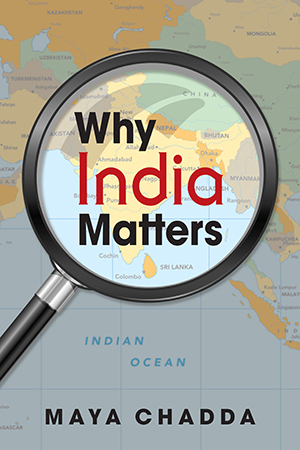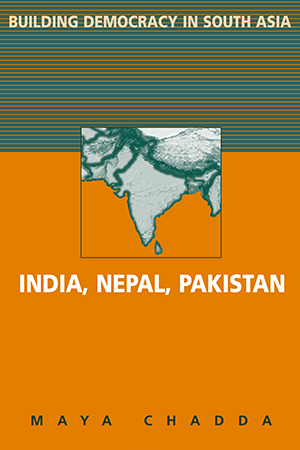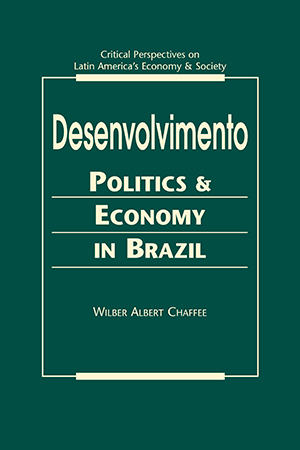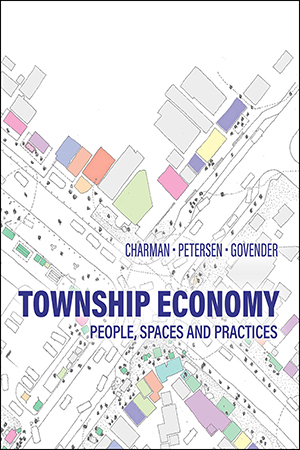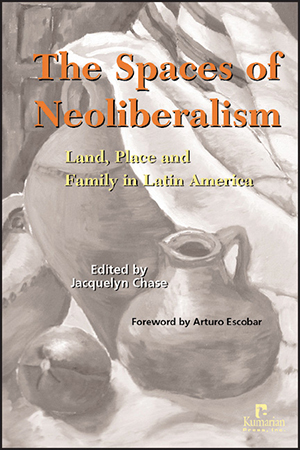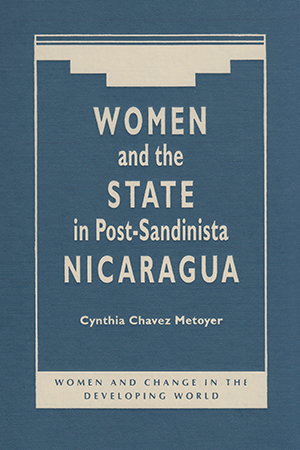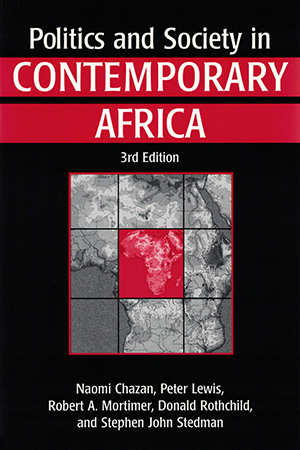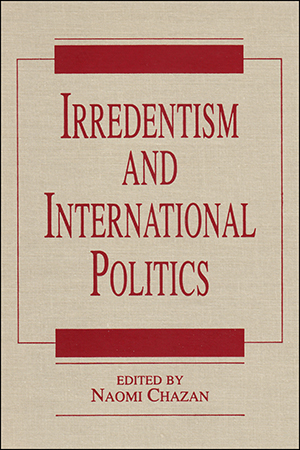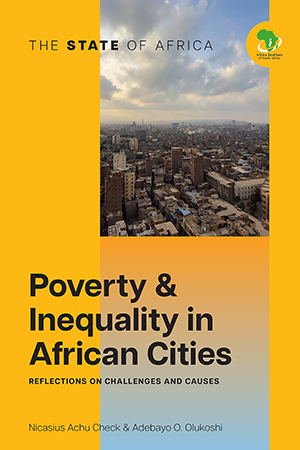BOOKS
Why is India's rise on the world stage so controversial? How can a state that is losing authority to its regions at the same time grow in international importance? Exploring an apparent More >
This original analysis of South Asia's political experience with democracy in the 1990s assumes that, if democratic norms are to be universalized, they must first absorb the More >
The Brazilian economy has long been characterized by rapid growth—but equally by high inflation and an extreme maldistribution of wealth, despite the strong international reputation of More >
Township Economy provides unique insight into the nature of informal businesses and entrepreneurship in the townships of postapartheid South Africa and Namibia. The authors draw on evidence More >
Confounding expectations, Taiwan reduced its military spending for many years even as its sole adversary, the People's Republic of China, modernized its military and significantly More >
In this exploration of people's responses to neoliberal market reforms in Latin America, the authors reveal the ways that local communities negotiate with market power and state policy More >
After winning a stunning and decisive victory in Nicaragua’s 1990 presidential election, Violeta Chamorro reversed much of the social and economic policy enacted by the previous More >
Recognized as the textbook on African politics, as well as an excellent resource for scholars, Politics and Society in Contemporary Africa analyzes the complexities and diversities of the More >
The attempt by sovereign states to incorporate the territories of ethnically related populations in neighboring countries is an outgrowth of the complexities inherent in the lack of More >
Rapid population growth, poor infrastructure, and inadequate housing markets, all combined with haphazard urban planning, have created unprecedented levels of poverty and inequality in More >



